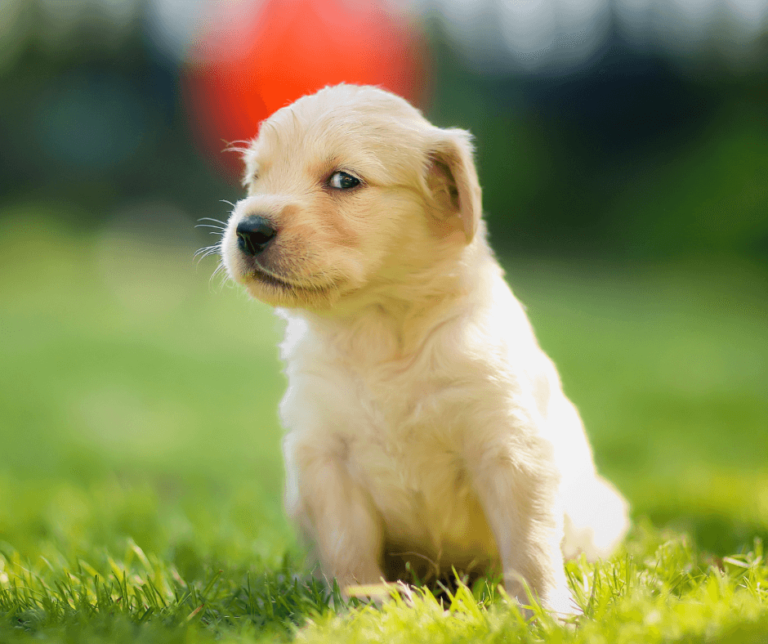In part 1 of “When to (and When Not to) Use Capital Letters in English“, we talked about some of the instances where we use capital letters in English, like proper nouns (given names) for people, animals, geographical formations, etc., and the last thing we mentioned was the capitalization of geographical features and landmarks. In part 2 we begin with countries and states and move on with the list.
Take a look at the Table of Contents below to jump to a section of interest. If you can’t find what you a looking for, try “When to (and When Not to) Use Capital Letters in English? Part 1” or “When to (and When Not to) Use Capital Letters in English? Part 3” (open in new tab.)
Read the summary
- Countries, States, and Other Places: Names of empires, countries, states, districts, cities, villages, and streets are capitalized. For instance, “Paris,” “the Roman Empire,” and “California.” If named after a person, such as a historical figure, all names are capitalized, like “Nikola Tesla Street.”
- Man-made Structures: Buildings, parks, bridges, tunnels, and other man-made structures are capitalized. Examples include the “Colosseum,” “Central Park,” “The Empire State Building,” and “The Great Wall of China.”
- Institutions, Corporations, and Organizations: Names of institutions, organizations, and corporations are capitalized. This includes entities like the “European Parliament,” “European Green Party,” “Red Cross,” and “World Health Organization.”
- Other Authorities or Groups: Specific departments or units like the “New York City Police Department (NYPD)” are capitalized. Sports clubs, orchestras, and other groups also follow this rule.
- Brands & Companies: Brand names are capitalized, such as “Pepsi,” “Coca-Cola,” “Nike,” and “Colgate.”
- Days and Months: Days of the week and months of the year are capitalized. For example, “Monday” and “October.”
- Seasons: Seasons are generally not capitalized unless used as a proper noun or as part of a name of an event. For instance, “winter” but “Spring Jazz Festival.”
- Holidays and Special Occasions: Holidays and special occasions like “Christmas,” “Day of the Dead,” and “Chinese New Year” are capitalized.
Countries, states, and other places
The names of empires, countries, states, districts, cities, villages, and streets are capitalized.
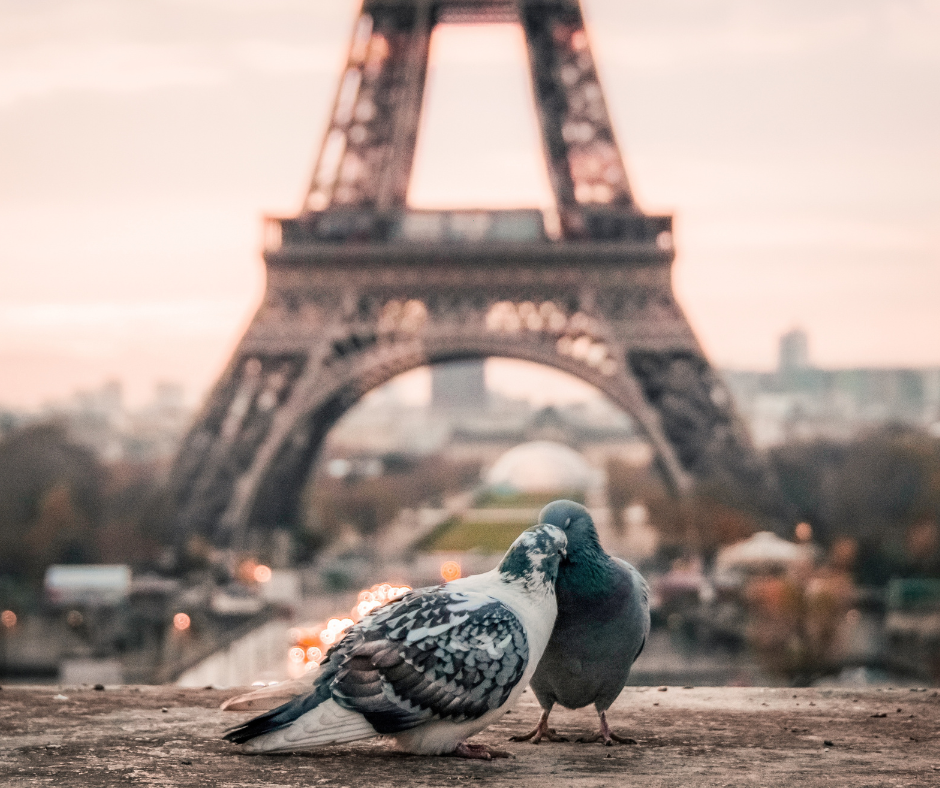
If you are lucky enough to have lived in Paris as a young man, then wherever you go for the rest of your life, it stays with you, for Paris is a moveable feast.
A Moveable Feast by Ernest Hemingway
- The Roman Empire lasted for over 1000 years and was one of the greatest empires in the world.
- As of 2020, the most populated state was California.
- Sonja is from Paris but lives and works in Barcelona.
- Is Abbey Road located in northern London?
If a place is named after a person, for example, a historical figure, all names are capitalized.
Nikola Tesla Street
In English, we use capital letters for all the words that are part of the name (when singular). Look at the examples below (yes, these are real!)
- Daisy Avenue
- Starfall Way
- Chardonnay Drive
But:
- I parked the car somewhere near Chardonnay and Burgundy drives.
That is not always the case in other languages.
Let’s have a look at a beautiful main street in Helsinki, Finland, which is named after the Russian Emperor Alexander I.
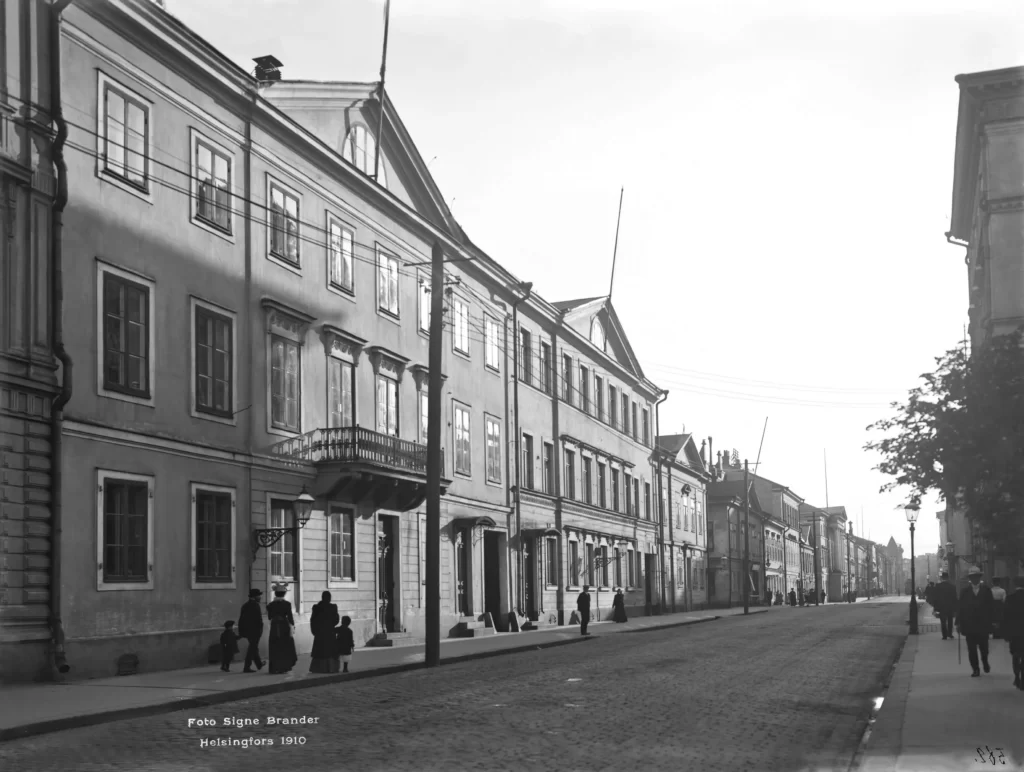
Here is how the name of the street is written in English, Finnish, Bulgarian, German, and Russian. The word street, which is normally a common noun, is in bold. (There is no need to speak or understand the languages I am using for comparison because we are not focusing on meaning here.) (EN = English, FIN = Finnish, BG = Bulgarian, DE = German, RUS = Russian)
- EN – Alexander Street
- FIN – Aleksanterinkatu
- BG – улица “Александровкса”
- DE – Alexanderstraße
- RUS – Александровская улица
*This Wikipedia page translates the name to Alexander Street, but perhaps, it would be more accurate to say it’s Alexander‘s Street (if we are translating it from Finnish) although it would be a little difficult to pronounce. Either way, the noun street, is attached to the name in Finnish and German but not in Russian and Bulgarian. However, it is capitalized only in English, as the example above demonstrates.
You will notice the same thing with just about any name.
Let’s go back to some of the example sentences we have used so far and see what happens. The words we focus on are in bold. (EN = English, FIN = Finnish, BG = Bulgarian, DE = German, RUS = Russian)
- EN – When did the Big Bang happen?
- FIN – Million alkuräjähdys tapahtui?
- BG – Кога се е случил Големият взрив?
- DE – Wann fand der Urknall statt?
- RUS -Когда произошёл Большой взрыв?
Due to the specifics of the Finnish and German languages, the word for “Big Bang” is a combined compound noun, which, of course, means that we cannot have a capital letter in the middle of the word.
Still, in Finnish, the combined noun itself doesn’t begin with a capital letter. In German, it does, as do all nouns.
In Russian and Bulgarian, on the other hand, there are capital letters only for the word “Big.”
As mentioned before, capitalization rules vary from language to language. So, these rules, like many other things in English, can be confusing. That is why it’s a good idea to consider the native language of your learners and explain in more detail when needed.
Let’s go back to the word street for a moment.
In some languages, the word street may precede the name. In English, it comes after the name.
- EN – Alexander Street
- BG – улица “Александровска“
*Notice how, in the Bulgarian translation, the name is in quotation marks? In English, street names don’t need them. In other languages, they might.
Here are some final recommendations coming from the stylebook of the Associated Press on street names:
Use the abbreviations Ave., Blvd., and St. only with a numbered address: 1600 Pennsylvania Ave. Spell them out and capitalize when part of a formal street name without a number: Pennsylvania Avenue. Lowercase and spell out when used alone or with more than one street name: Massachusetts and Pennsylvania avenues.
Associated Press Stylebook
Man-made structures
Man-made structures (buildings, parks, bridges, tunnels, etc.) also often have names. That’s why they, too, need capital letters.
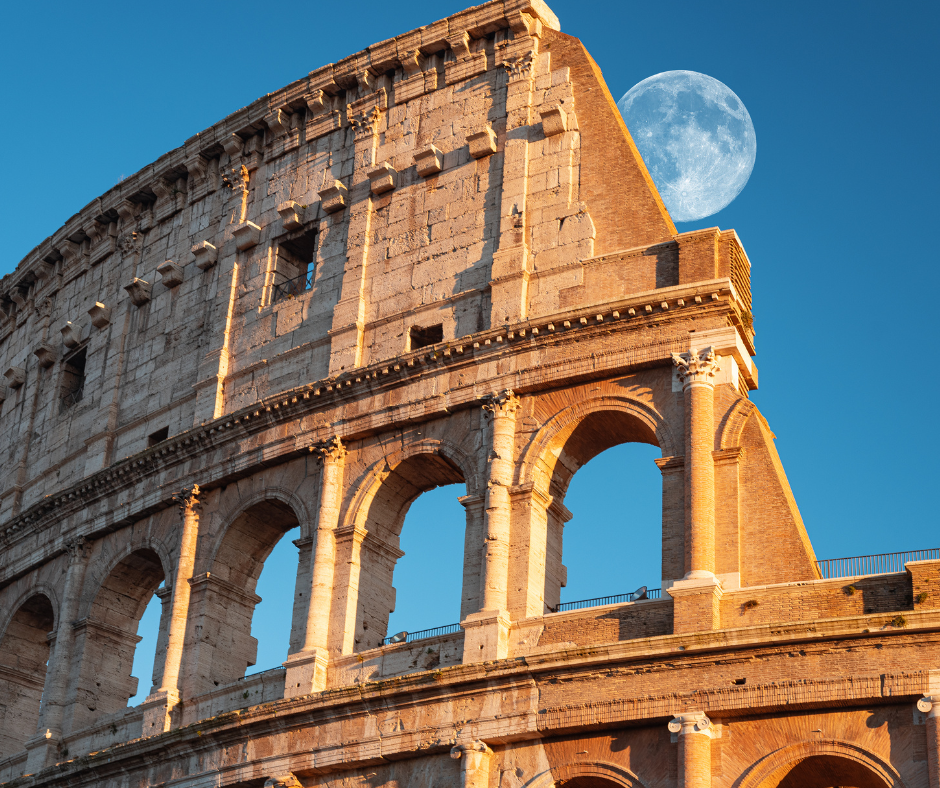
“As long as the Colosseum stands, Rome shall stand; when the Colosseum falls, Rome will fall; when Rome falls, the whole world will fall.”
A quote by St. Bede the Venerable
Here are some more examples:
- I’d like to go to Central Park today.
- The Empire State Building is in the center of Midtown Manhattan.
- How old is the Great Wall of China?
- Did you know that the Statue of Liberty was a gift from the French people?
- The Golden Gate Bridge is located in San Francisco, California, and it’s over 2 miles long.
The Madara Rider is a unique relief, an exceptional work of art, created during the first years of the formation of the Bulgarian State, at the beginning of the 8th century. It is the only relief of its kind, having no parallel in Europe.
UNESCO, Madara Rider
Let’s make our little comparison again to illustrate a significant difference. This time let’s use the name of a world-known tower. (EN = English, FIN = Finnish, BG = Bulgarian, DE = German, RUS = Russian)
- EN – Why is the Leaning Tower of Pisa not falling?
- FIN – Miksi Pisan kalteva torni ei kaadu?
- BG – Защо не пада Наклонената кула в Пиза?
- DE – Warum stürzt der schiefe Turm von Pisa nicht ein?
- RUS – Почему Пизанская башня не падает?
Pisa is the name of a city, and naturally, it has a capital letter in all four languages above. However, Finnish doesn’t use capital letters for either leaning or tower (in bold), and neither does Russian. What is more, the Russian translation does not include the word leaning. In Bulgarian, only the word for leaning is capitalized while, in German, only the word for tower is capitalized (which is normal for German, because they capitalize every noun).
That’s not the case in English. We need capital letters for all the words which are part of the name.
Institutions, corporations, and organizations
The names of different institutions and organizations part of a country’s political, legislative, administrative, and educational systems need capital letters. Non-governmental bodies, religious groups, and other representative organizations, such as trade unions, have capital letters as well.
Here are some examples:
- The European Parliament represents over 400 million people.
- The European Green Party, also called European Greens, was founded in 2004.
- As a health worker, I am a member of the United Nurses of Alberta.
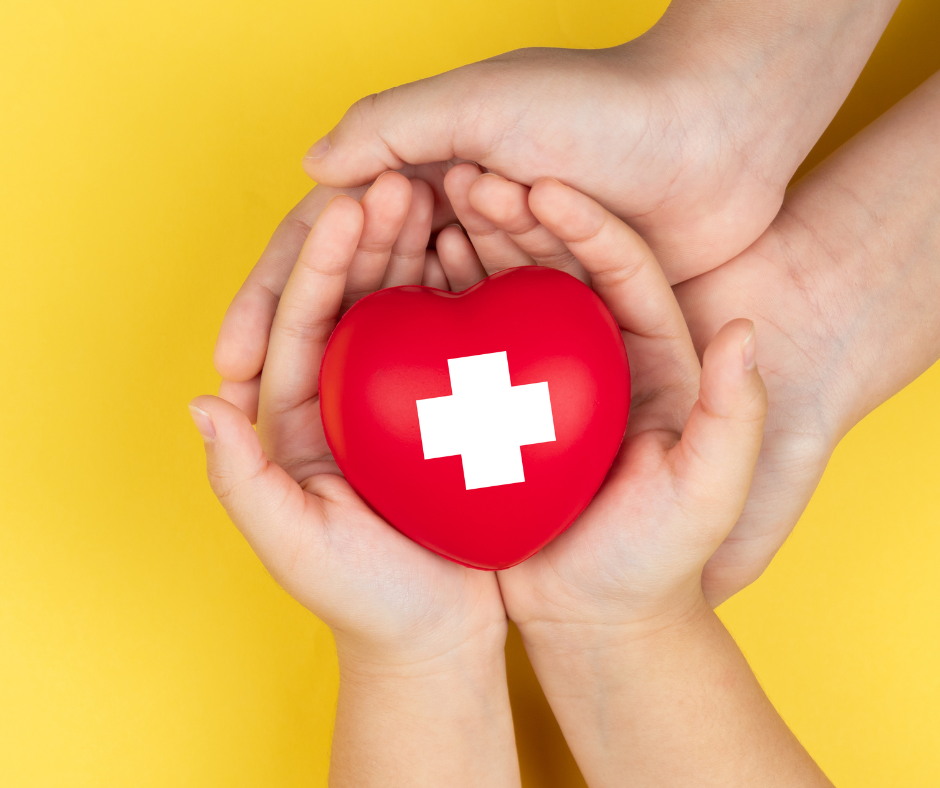
The Red Cross is a humanitarian organization that helps people in times of accidents and natural disasters.
- The World Health Organization works to promote health and keep the world safe.
- The Massachusetts Institute of Technology is one of the top universities in the world.
Sometimes, some organizations or institutions are better known for their abbreviated names.
- NASA (The National Aeronautics and Space Administration)
- FBI (Federal Bureau of Investigation)
- UNESCO (United Nations Educational Scientific and Cultural Organization)
Other authorities or groups
Usually, we don’t capitalize the noun police unless when talking about a specific department or unit.
- Call the police!
- The New York City Police Department (NYPD) has about 36 000 officers and almost 20 000 civilian employees.
Use lowercase when plural even when talking about specific departments:
- The Chicago and Los Angeles police departments are one of the biggest police departments in the US.
We use capital letters for sports clubs, orchestras, and other groups as well.
- The Bavarian Radio Symphony Orchestra was founded in 1949 in Munich, Germany.
- Is Liverpool better than Manchester United?
Brands & Companies
Brands also have names, and that is why we need to capitalize them. Any product out there can have a brand but only truly successful and popular brands don’t need to mention what their product is because the brand name speaks for itself. For example, few people don’t know what Pepsi is.

Did you know that it was Coca-Cola that invented the “six-pack” back in 1923 as a way to easily buy and carry multiple Cokes?
- Did you know that Alphabet Inc. is the parent company of Google?
- The world’s favorite sneaker brand is Nike.
- I think the best toothpaste is Colgate.
Days and months
We use capital letters for the days of the week and the months of the year because that is what they are named.

“I am so glad we live in a world where there are Octobers.”
Anne of Green Gables by L. M. Montgomery
- I have a lot on my schedule for Wednesday.
- We are getting together for a party next Friday evening.
- It’s a good idea to visit Italy in February if you are on a budget.
Again, not all languages function the same, and even though in other languages weekdays are named, too, they are not always capitalized. Focus on the words in bold. (EN = English, FIN = Finnish, BG = Bulgarian, DE = German)
- EN – The summer holiday starts next Monday.
- FIN – Kesäloma alkaa ensi maanantaina.
- BG – Лятната ваканция започва следващия понеделник.
- DE – Am kommenden Montag beginnen die Sommerferien.
As you can see above, only in English and in German do the weekdays have capital letters.
Seasons*
Because we use capital letters for days and months, sometimes people get confused and think that we need to capitalize seasons as well. That is not the case. Normally, we do not use capital letters for seasons. They have generic names.
Correct: My favorite season is spring. ✅
Incorrect: My favorite season is Spring. ❌
However, when used as a proper noun1 or as a part of a name of something2, for example, an event, we use capital letters.
- Beware, Winter1 is coming!
- I will be attending the Spring Jazz Festival2.
- I’ve joined the Summer Study Club2.
Holidays and special occasions
As mentioned above, we don’t use capital letters for seasons, but we do use capital letters for holidays and special occasions no matter the season.

“I will honor Christmas in my heart and try to keep it all the year.”
A Christmas Carol by Charles Dickens
- Due to its significance, Mexico’s Day of the Dead was added to UNESCO’s Representative List of the Intangible Cultural Heritage of Humanity in 2008.
- The Chinese New Year is celebrated between January 21 and February 20, and the exact date is determined by the Chinese lunar calendar.
- Did you know that Oktoberfest actually starts in September?
A note on the word birthday. It is important to know how to correctly write a birthday card. 😏 This is confusing for many people. Here is what the AP Stylebook recommends:
Capitalize as part of the name for a holiday: Washington’s Birthday. Lowercase in other uses. In exclamations: Happy holidays! Merry Christmas! Season’s greetings! Happy New Year! Happy birthday!
Associated Press Stylebook
A note: George Washington’s Birthday is a federal holiday celebrated every third Monday in February and is widely called Presidents’ Day because President Abraham Lincoln as well as other presidents were born in February.
Correct: Happy New Year, everyone! ✅
Correct: During the new year, I plan to start a new business. ✅
Do you capitalize these words in your native language?

